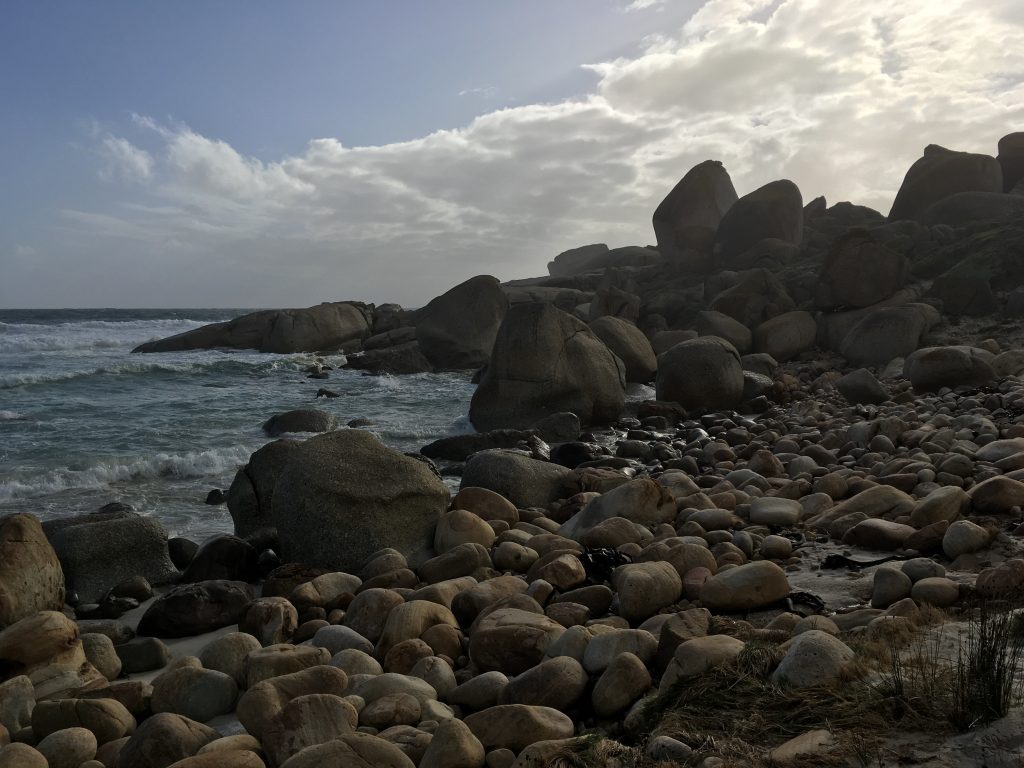Discovery in South Africa
Philip Wilson
Classics Major, Latin and Greek; History Major
Class of 2018

Last summer, thanks to the Snow and Nims awards I was able to travel to Cape Town, South Africa to undertake a research project on the influence of Greek and Latin classics on Afrikaans modernist poetry. I spent my days in archives from the University of Cape Town to the University of Stellenbosch trying, specifically, to see how the classics structured the understanding and presentation of apartheid in the poetry of modernists Breytenbach, Opperman, and Louw. I was first led to pursue this project by Dr. Al Duncan and our discussions about his own work on the reception of Greek drama in South African theater. Thanks to his supervision I was able to proceed in a productive direction.
Louw himself was one of the architects of apartheid’s nationalist mythology in the 1930’s, but the deepening horror as apartheid unfolded in history prompted a reevaluation. In Tacitus’s figure Germanicus, Louw found a companion across time, lost and disoriented as his troops undermined his command with wave after violent wave. Opperman was far more direct and compassionate, and never rested any faith in the apartheid project to begin with. His use of the classics was of primarily late antique Christians like Augustine who, like him, sought a mental relationship with a history other than the brittle and tattered fabric of human time. Breytenbach, too, felt deeply disturbed by apartheid’s injustice, but took that feeling to the extremes of Sartre’s calls for political commitment. His use of Greek myth was part of his own surrealistic engagement with life as an exile, a prisoner, a revolutionary, and a poet.
Thanks to the department and the authors I have studied with them, the mountains that colored my childhood and the violence that colored my father’s both came to life in a way that changed my understanding of South Africa forever. Reading South Africa’s history, my history, against the backdrop of such immense physical beauty as Cape Town, gave me the chance to understand Antigone for perhaps the first real time: “many things cause terror and wonder, but nothing is more terrifying and wonderful than man.”